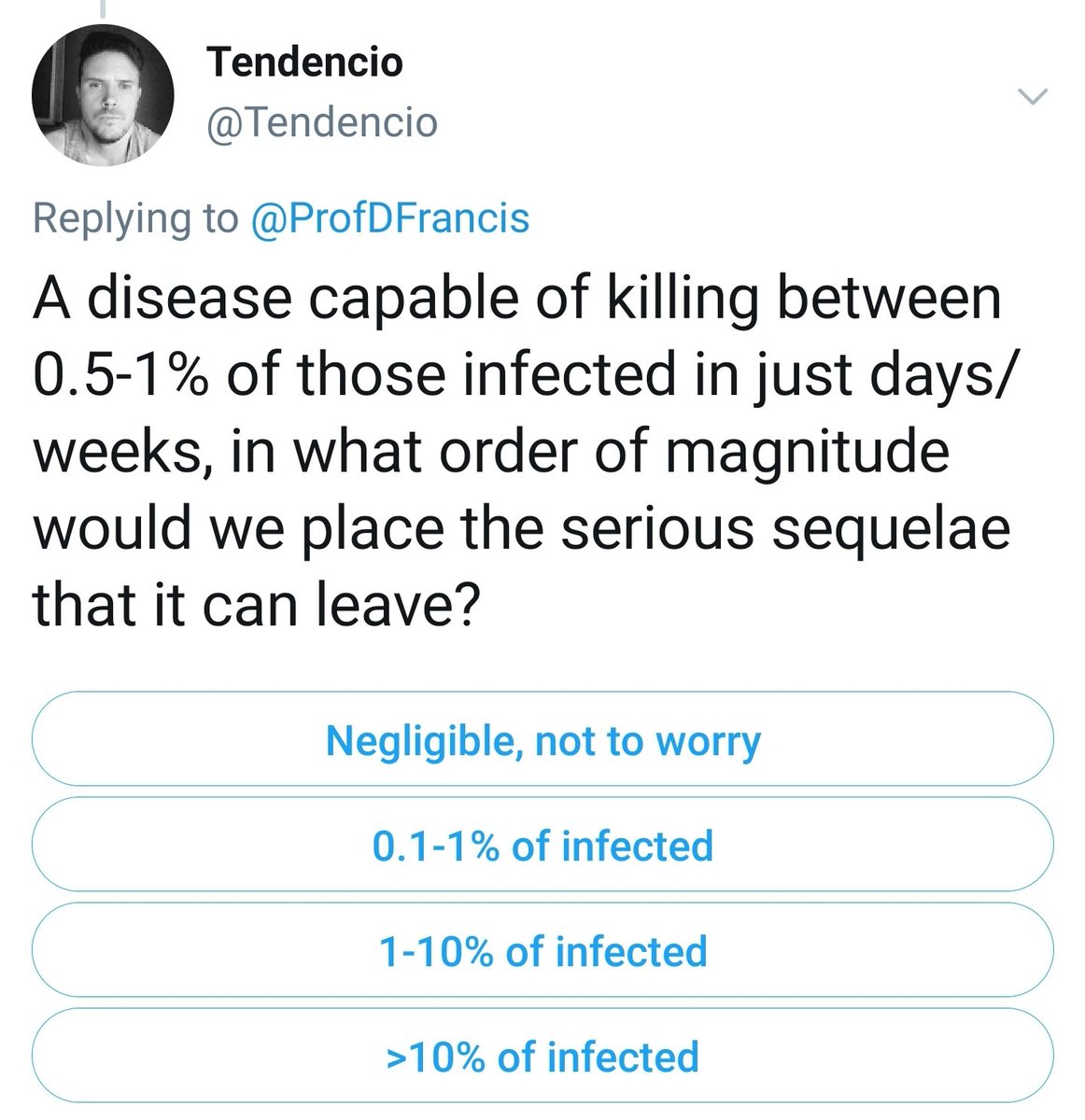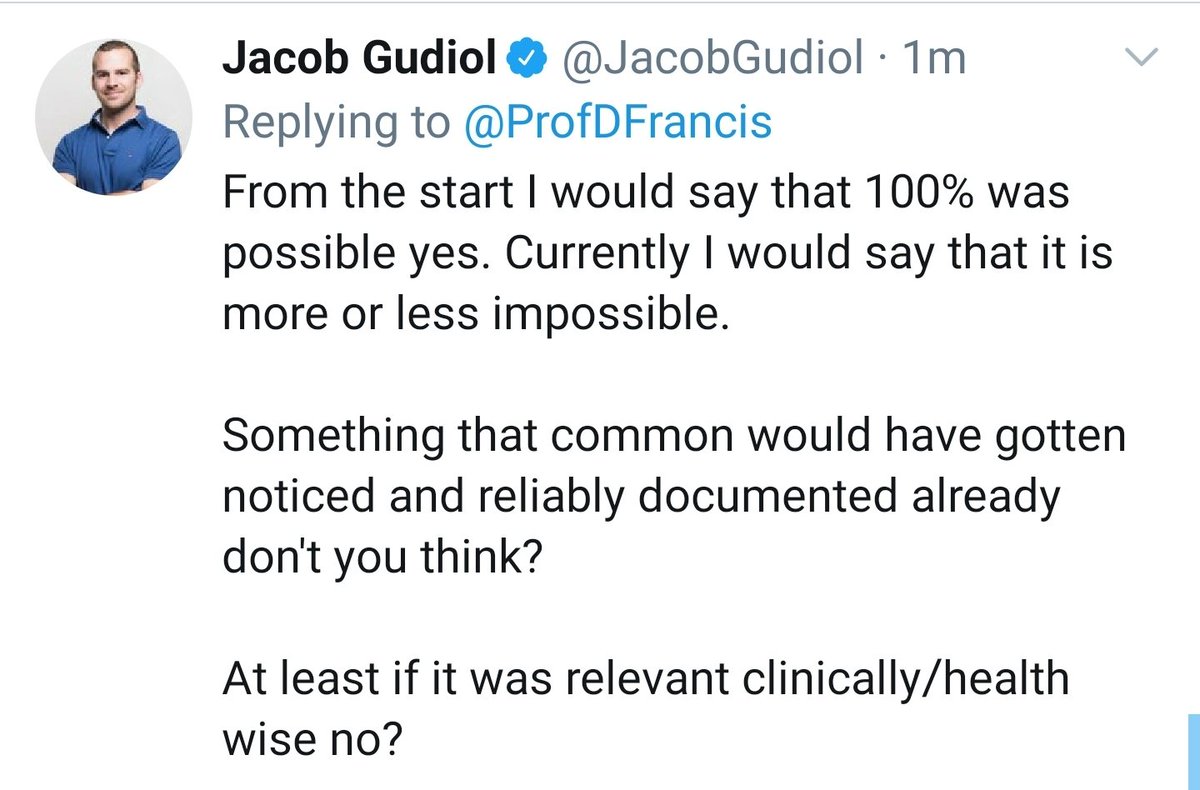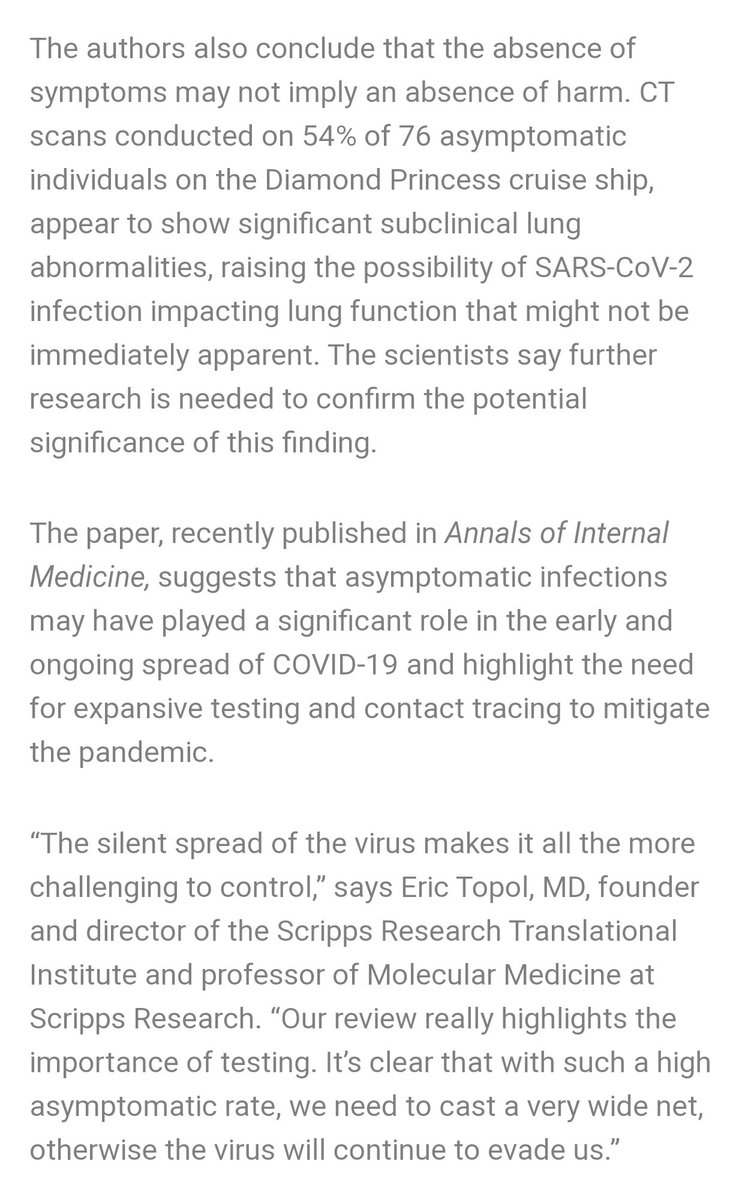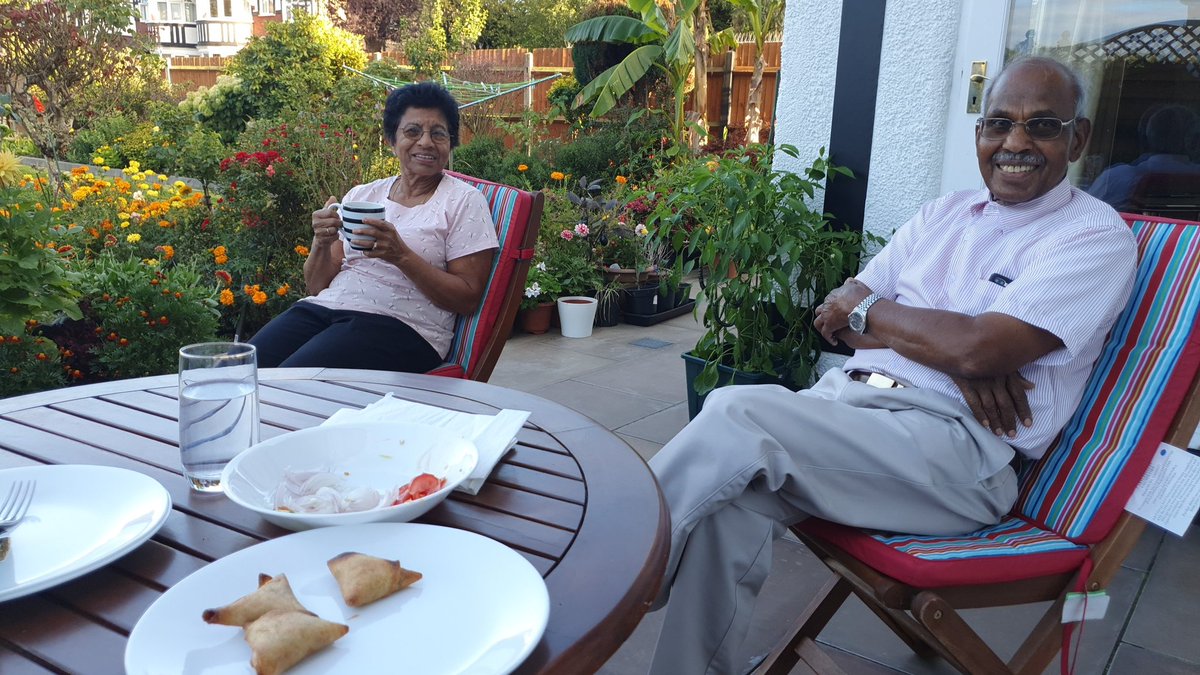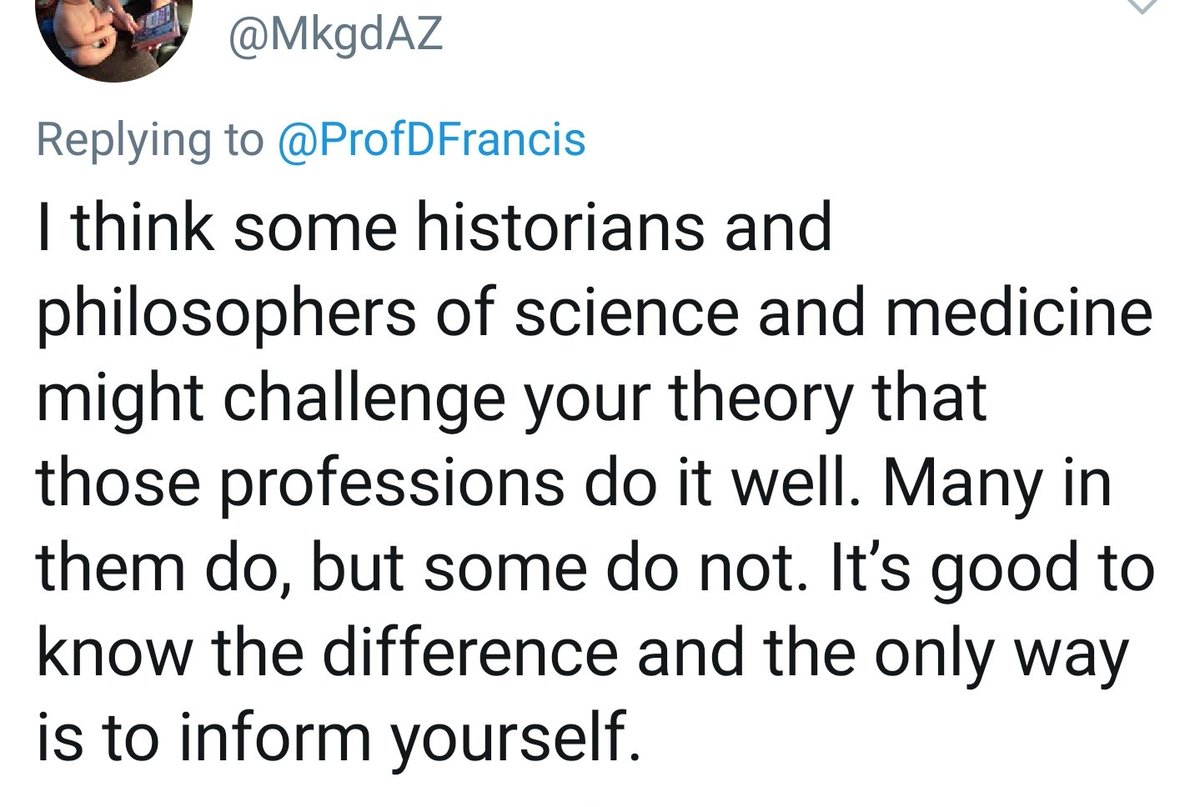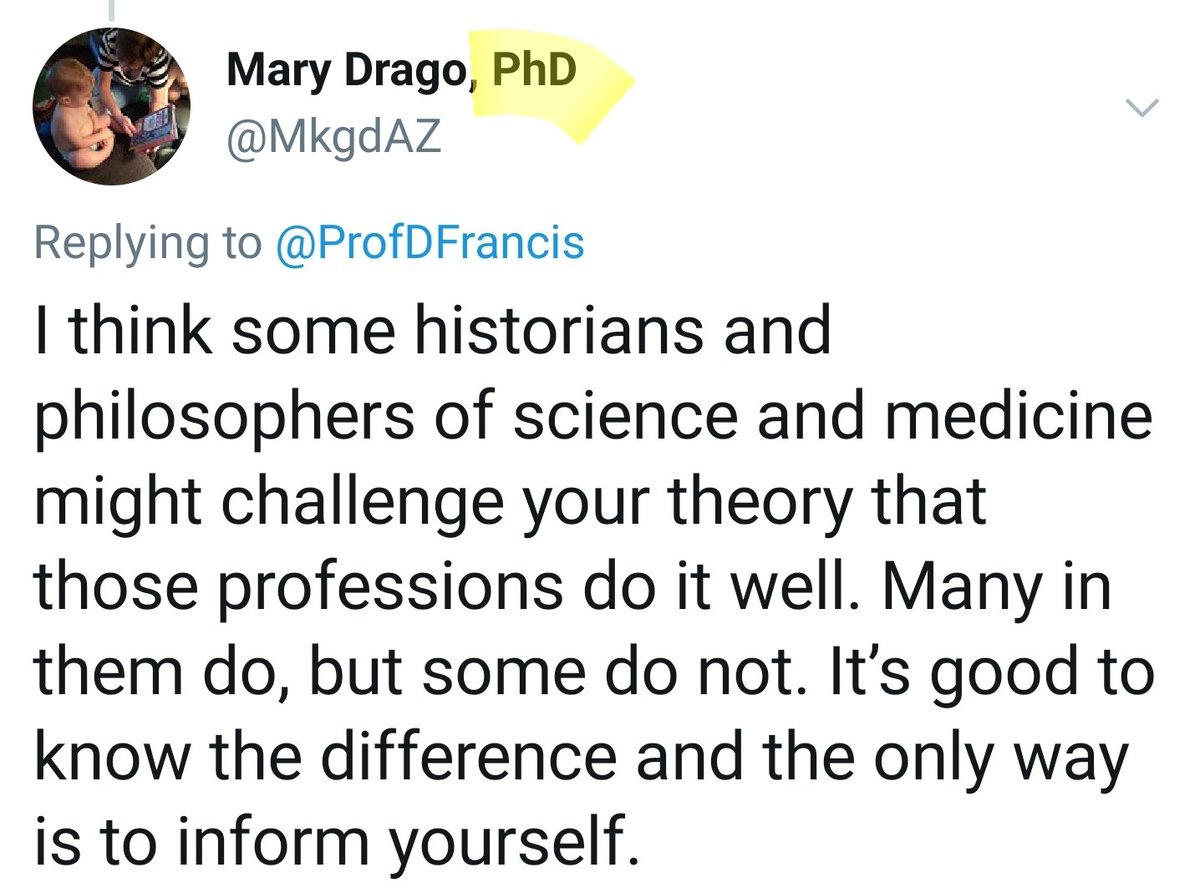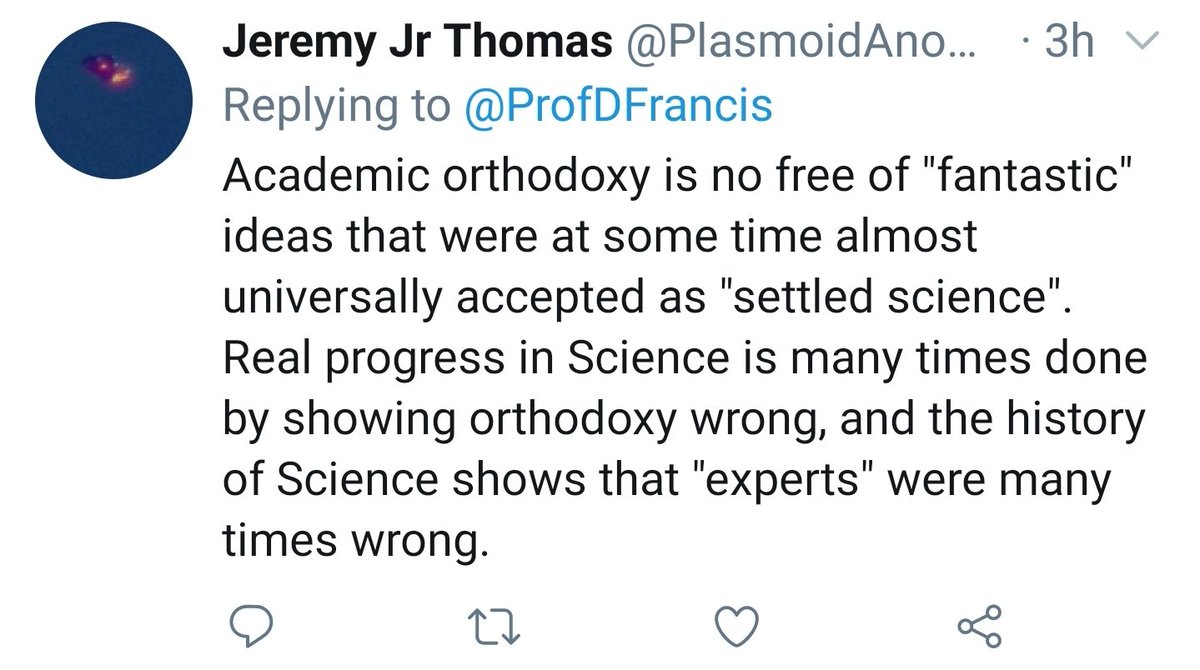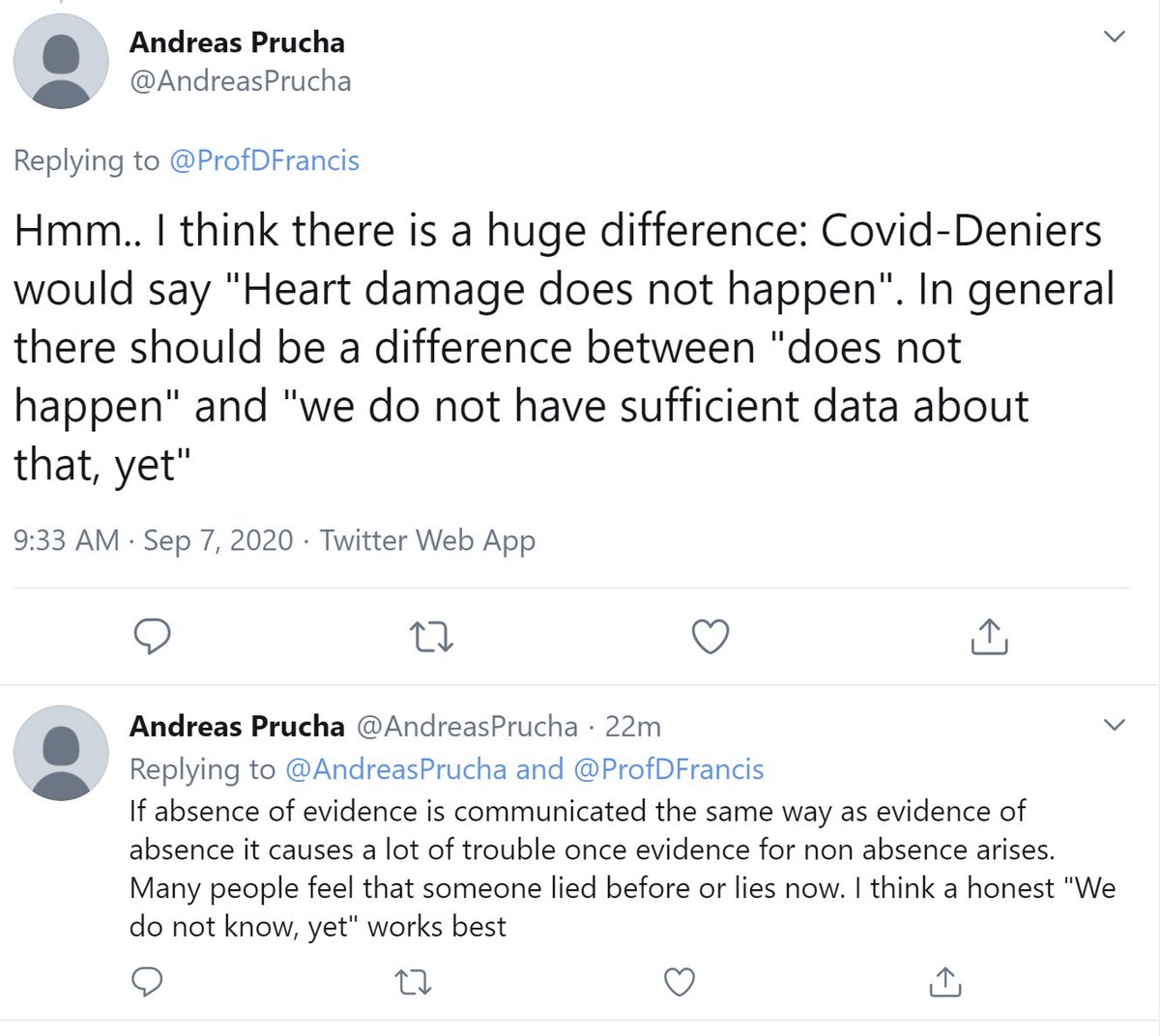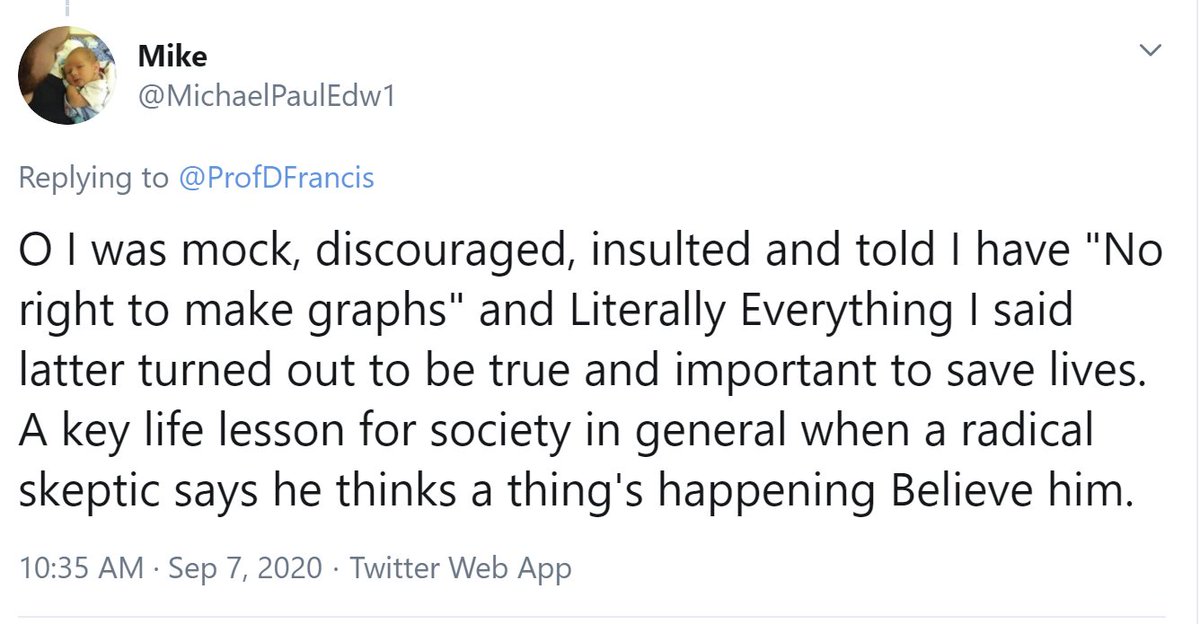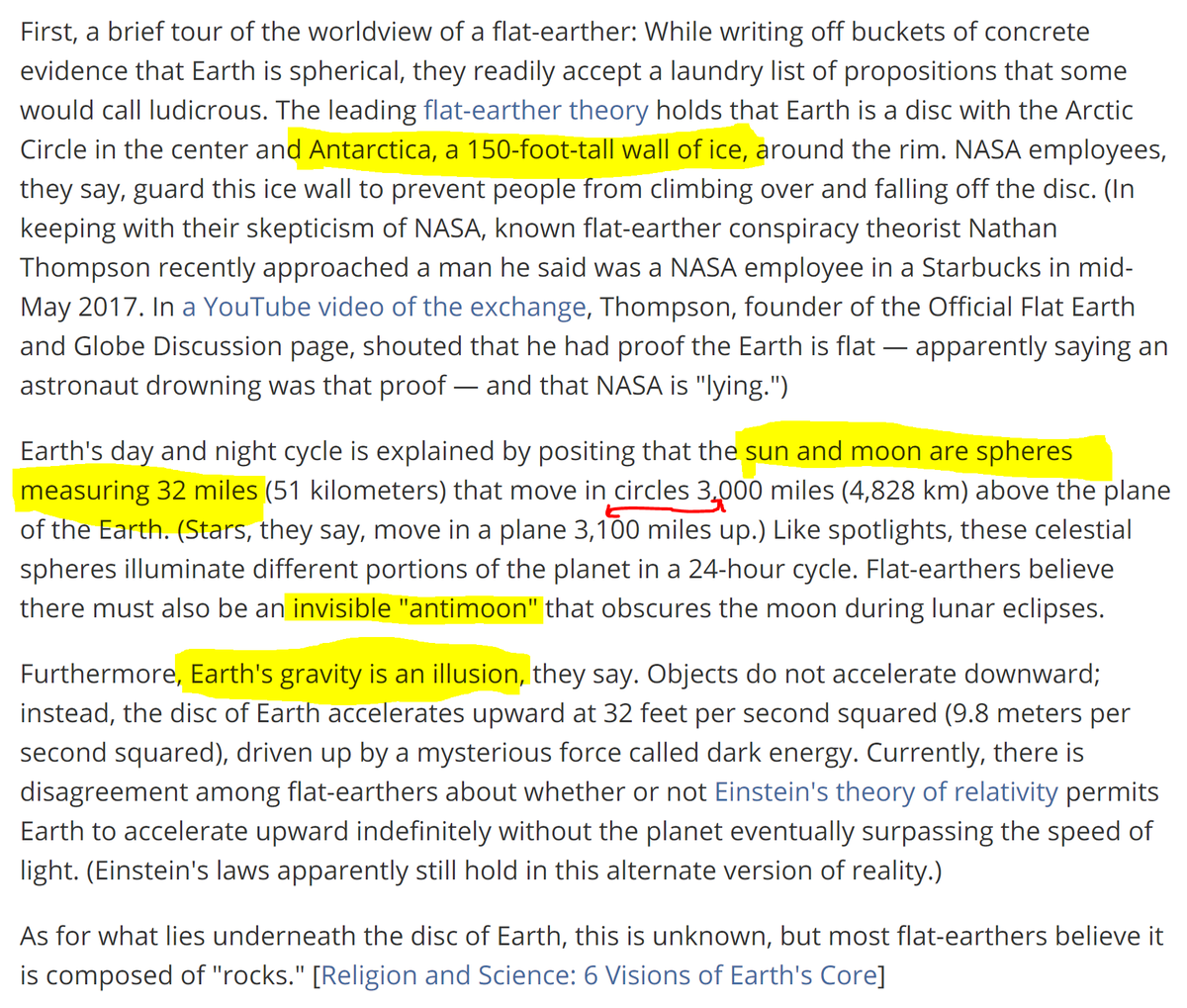DO NOT WORRY ABOUT HEART DAMAGE FROM COVID.
"If you as a member of the public are searching the internet for scientific data on heart damage, you are doing it wrong."
Uncle Darrel
J Condescending but True Facts
The whole point of having scientists to do science and doctors to explain it to you, is so that it is done well.
It is not easy and it is not quick.
That too is not easy to learn and is not quick.
has a fool for his client"
Source: books.google.co.uk/books?id=oLUEA…
But in general it is not a good idea for members of the public to do so, in my opinion (only).
But this is my thinking process.
This virus is ferociously infectious.
0.5-1% of the population of the world is an enormous figure.
So we don't want to let it run its natural course.
Hand washing, distance, masks etc.
Every infectious disease has long term consequences in survivors.
They vary in intensity and frequency.
How do we (scientists) learn the answer for a new virus?
When I can't, due to lack of time or lack of skill, I preferentially rely on the opinions of others WHO SHOW A TRACK RECORD of being as meticulous as I would ideally aim to be.
Not random people.
Not all opinions are of equal value.
A scientific reputation is built over decades and destroyed in a day.
That is why scientists are so careful in their speculation and so quick to correct errors.
For example,
Chickenpox leaves 100% of people scars on their skin.
Covid MIGHT leave 100% with people with fatal heart failure.
Scientists know that.
But we also have a good grip on what is plausible, and the types of things that we as a civilization can do about them.
In fact it is scientists that provide those things.
It is weird to have to say that, but this fact is apparently novel to some people.
The job of a scientist is to recognise when a thing is unknown and to develop an experiment to find out.
If someone is today telling you what that proportion is, what do you know about them?
They start off any unknown with a range of POSSIBLE that is wide, and then progressively narrow it as more information comes in.
I've never met Jacob and don't know what he does for a living, but this looks like perfect scientific reasoning.
Don't know - for strict purists.
No - for people applying the Jacob Guidol principle, of "if there was, with the number of tourists and camera phones, SURELY it would have been photographed many times by now!"
Strictly speaking, "Don't know".
...
Scientific data on other very ill people who get better.
Effects of other viruses.
Lack of onslaught of new heart failure admissions dwarfing the Covid admissions.
Screeching tone of Covid HF advocates.
If I am wrong, what are the consequences?
It will happen, and most of us will go onto ACEi BB Spiro and perhaps even empafligznzonglif.
There are bigger, actionable, things to worry about at present.
Enjoy your weekend!
Let's trace the story.
How do the virus particles eventually get got ridden of?
Do they die of boredom?
Is it a millennial virus, i.e. dying of lack of convenient wifi access?
Or is it destroyed by the body?
What eliminates the billions of virions?
He says it means that social distancing should not be for only symptomatic people, but ideally everyone, since we can easily have a major fight going on in our lungs without any symptoms.
That is what our immune system is for.
And, more importantly, they may spread an epidemic of bad information to others.
Covid deniers (who are a public health scourge)
and
people who are teaching how to make rational inferences from data.
"Avoid spreading Covid. Hygiene, distancing, masks. It kills people now. Don't waste your time worrying about what else it might do. Death is reason enough."
From
"Please get Covid and die while I hide in my house."
But by striking experiments, such as the Michelson Morley, which made the aether evaporate.
Or still-hard-to-believe double slit photon interference thing, which dynamited the concept of "things".
Not by random hysteria.
A. Mistake in experimental design
B. Miscalculation
C. Misinterpretation
Or even
D. Mismotivation.
"We do not know, but here is my inference based on the available data, and here is my reasoning."
It is a subtle point, that non-scientists often do not understand.
And I listen to those opinions.
But I am choosy about whose opinions I give weight to.
I look for a logical approach and careful reasoning, and a recognition of the uncertainty.
8-)
And then pass it on to their friends and relatives.
(Either the covid or the false inference!)
On the Cardiology side here's an excellent story by Anish Koka.
Your professional epi tutoring + Anish's professional cardio info would be a great place for the Worried Well to start.
medscape.com/viewarticle/93…
Most radical skeptics turn out to be wrong, which is why scientists tend to disregard people whose only demonstrable skill is radical skepticism.
livescience.com/24310-flat-ear…

